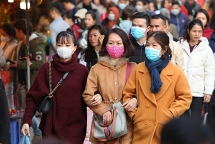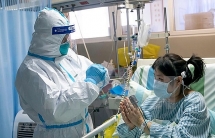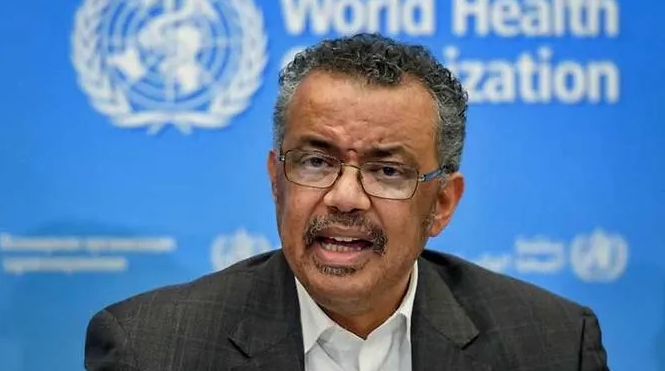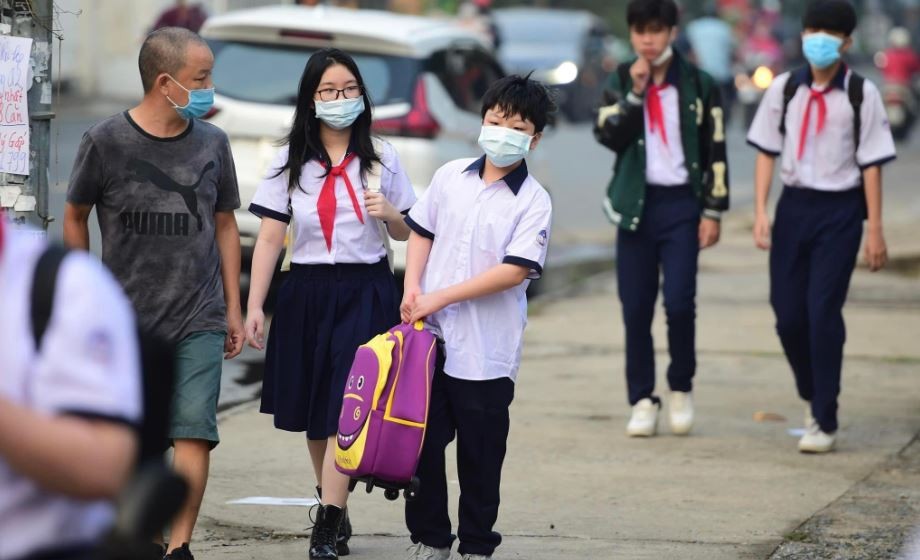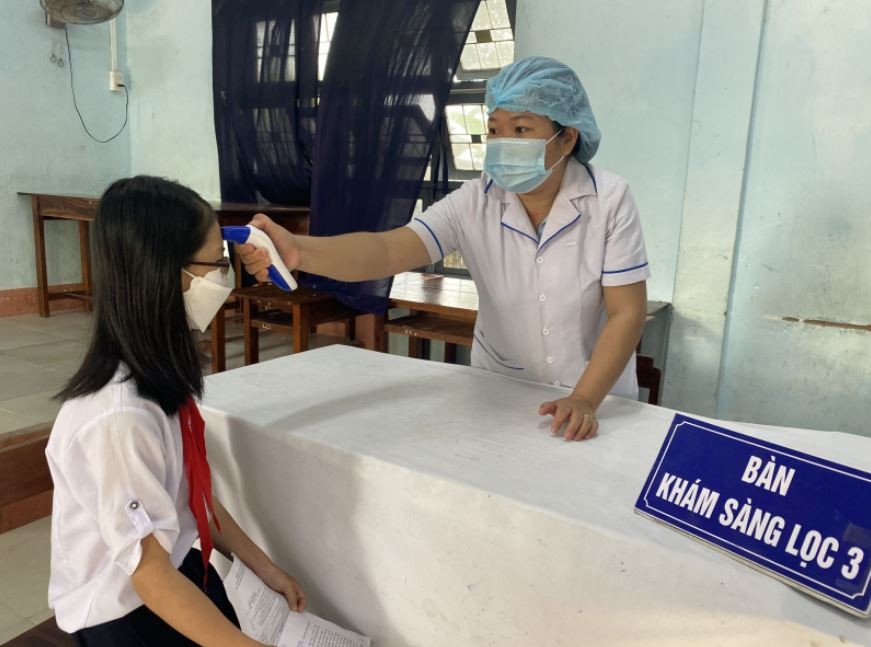China coronavirus cases exceed 17,000 as another city locked down
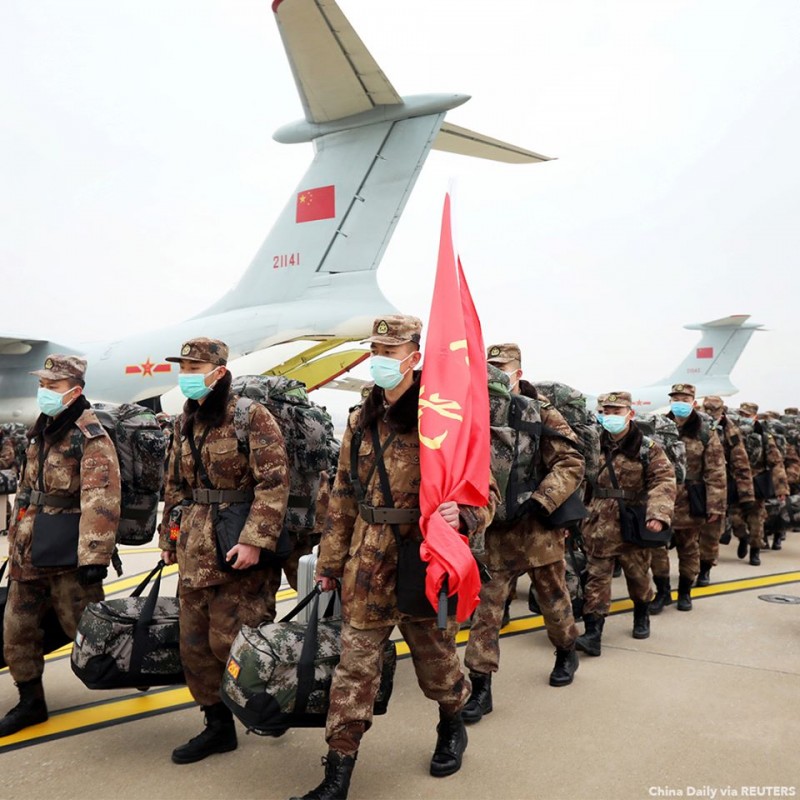 |
| A China Daily photo via Reuters supposedly shows Chinese People's Liberation Army (PLA) Air Force aircraft arriving at the Wuhan Tianhe International Airport with medical personnel and supplies to help fight the outbreak of the coronavirus in Wuhan, China, Sunday, February 2. |
The number of total infections in China's coronavirus outbreak has passed 17,205 nationwide, the National Health Commission said on Monday (Feb 3).
In its daily update, the commission said there had been 57 new deaths from the virus - all in hardest-hit Hubei province except one in the southwestern megalopolis of Chongqing, bringing the national toll to 362.
The fresh toll came a day after China imposed a lockdown on a major city far from the epicentre and the first fatality outside the country was reported in the Philippines.
Authorities in Hubei, the province at the epicentre of the outbreak, reported 56 new fatalities. That took the toll in China to 362, exceeding the 349 mainland fatalities from the 2002-2003 Severe Acute Respiratory Syndrome (SARS) outbreak.
Struggling to contain the virus, authorities took action in the eastern city of Wenzhou on Sunday, closing roads and confining people to their homes.
Wenzhou is around 800km from Wuhan, the metropolis at the heart of the health emergency.
The G7 countries - Canada, France, Germany, Italy, Japan, the United Kingdom and the United States - have all confirmed cases of the virus. They will discuss a joint response, Germany's health minister Jens Spahn said on Sunday.
US Defense Secretary Mark Esper approved a request from the Department of Health and Human Services (HHS) for help in housing 1,000 people who may have been exposed to the coronavirus and need to be quarantined upon arrival to the US from overseas, the department said in a statement Saturday.
The US Centers for Disease Control and Prevention (CDC) has confirmed eight cases of coronavirus in the United States.
A 44-year-old man in the Philippines died of the coronavirus Sunday, marking the first death from the virus outside of China.
In Thailand, which has 19 confirmed cases, doctors said on Sunday that an elderly Chinese patient treated with a cocktail of flu and HIV drugs had shown dramatic improvement and tested negative for the virus 48 hours later.
Most of the infections overseas have been detected in people who travelled from Wuhan, an industrial hub of 11 million people, or surrounding areas of Hubei province.
China has embarked on unprecedented efforts to contain the virus, which is believed to have jumped to humans from a Wuhan animal market, and can be transmitted among people.
ANOTHER CITY LOCKED DOWN
China's efforts have included extraordinary quarantines in Wuhan and surrounding cities, with all transport out banned, effectively sealing off more than 50 million people.
But 10 days after locking down Wuhan, authorities imposed similar draconian measures on in the eastern city of Wenzhou on Sunday - 800km from Wuhan.
Only one resident per household is allowed to go out every two days to buy necessities, and 46 highway toll stations have been closed, authorities announced.
The city had previously closed public places such as cinemas and museums, and suspended public transport.
Zhejiang has 661 confirmed infections, with 265 of those in Wenzhou, according to the government.
This is the highest tally for any province in China after ground-zero Hubei.
CLOSING BORDERS
The United States, Australia, New Zealand and Israel have banned foreign nationals from visiting if they have been in China recently, and they have also warned their own citizens against travelling there.
Mongolia, Russia and Nepal have closed their land borders.
The number of countries reporting infections rose to 24 after Britain, Russia and Sweden confirmed their first cases this weekend.
With hospitals in Wuhan overwhelmed, China will on Monday open a military-led field hospital that was built in just 10 days to treat people stricken by the virus.
The Huoshenshan (Fire God Mountain) Hospital was delivered on Sunday in Wuhan, the epicenter of the virus outbreak in central China’s Hubei province, after 10 days of construction. With advanced and comprehensive medical equipment, the hospital will join the battle against the novel coronavirus.
Replicating Beijing’s SARS treatment model in 2003, Leishenshan (Thunder God Mountain) Hospital, another makeshift hospital to combat the novel coronavirus, is under construction and will be completed on Feb. 5, with a capacity of 1,600 beds.
And with the Chinese economy suffering, the central bank announced it would release 1.2 trillion yuan (US$173 billion) on Monday to maintain liquidity in the banking system - the day markets re-open after the long holiday break.
HOLIDAY ENDING
The emergence of the virus coincided with the Chinese New Year, when hundreds of millions travel across the country in planes, trains and buses for family reunions.
The holiday, which was scheduled to end on Friday, was extended by three days to give authorities more time to deal with the crisis.
With many due back at work on Monday, people were starting to return on planes and trains over the weekend, with almost everyone wearing face masks.
Customs authorities had ordered temperature checks at all exit-entry points in Beijing, according to state media.
Returning travellers were being checked and registered at residential compounds, while fever checks were in place in subway stations, offices and cafes.
Many businesses were to remain closed for at least another week, however, while some major cities - including Shanghai - had also extended the holiday./.
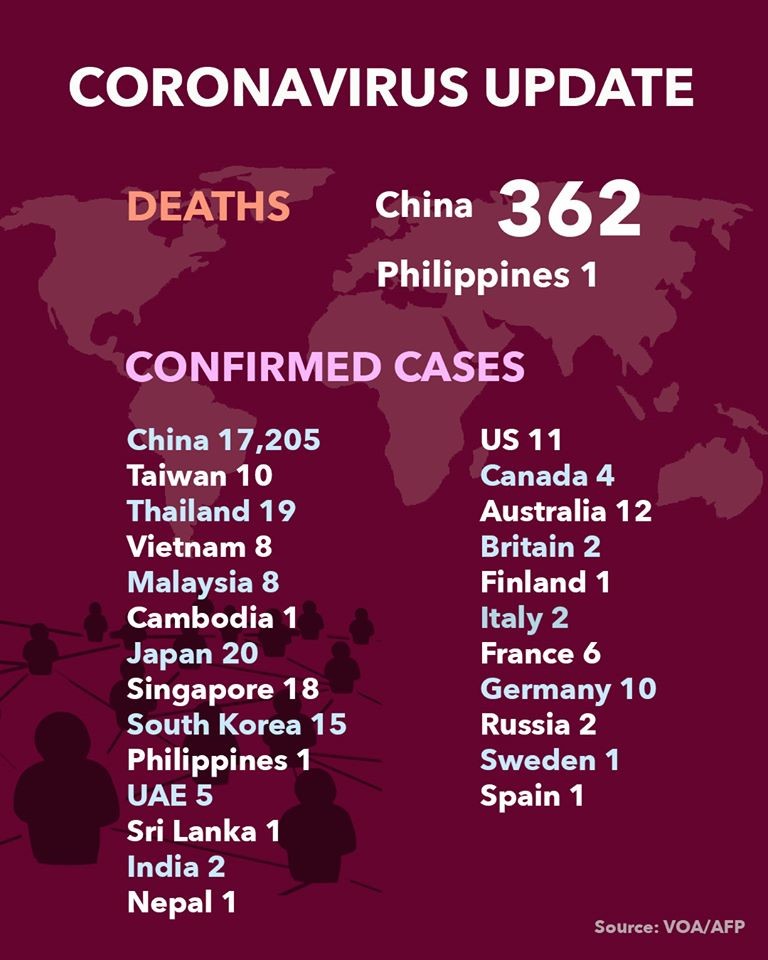 |
In topics
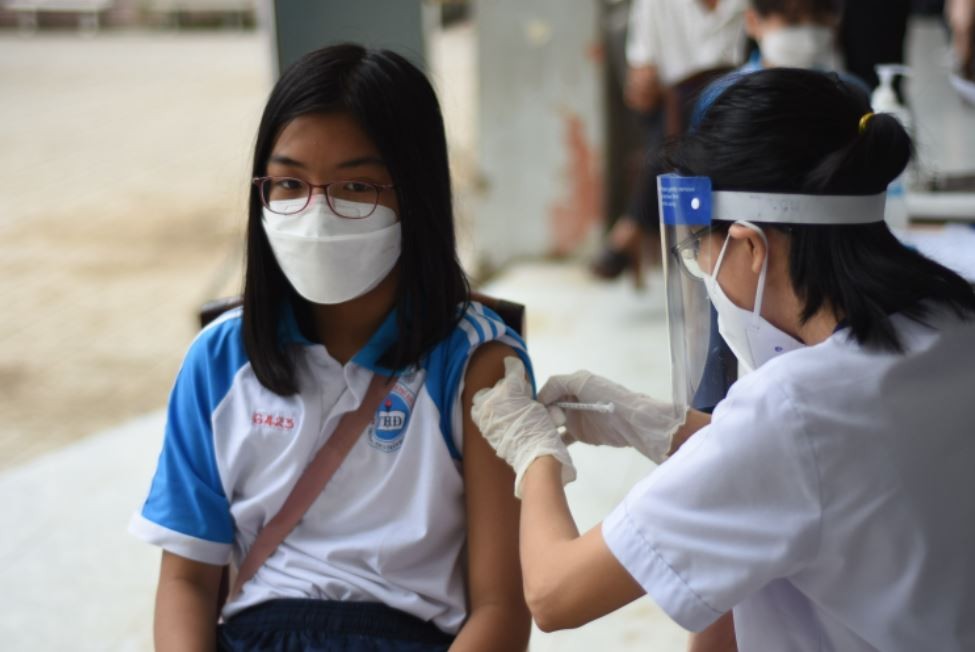 Focus
Focus
Vietnam Covid-19 Updates (May 1): Daily Infections Fall to Nine-month Low of 5,109
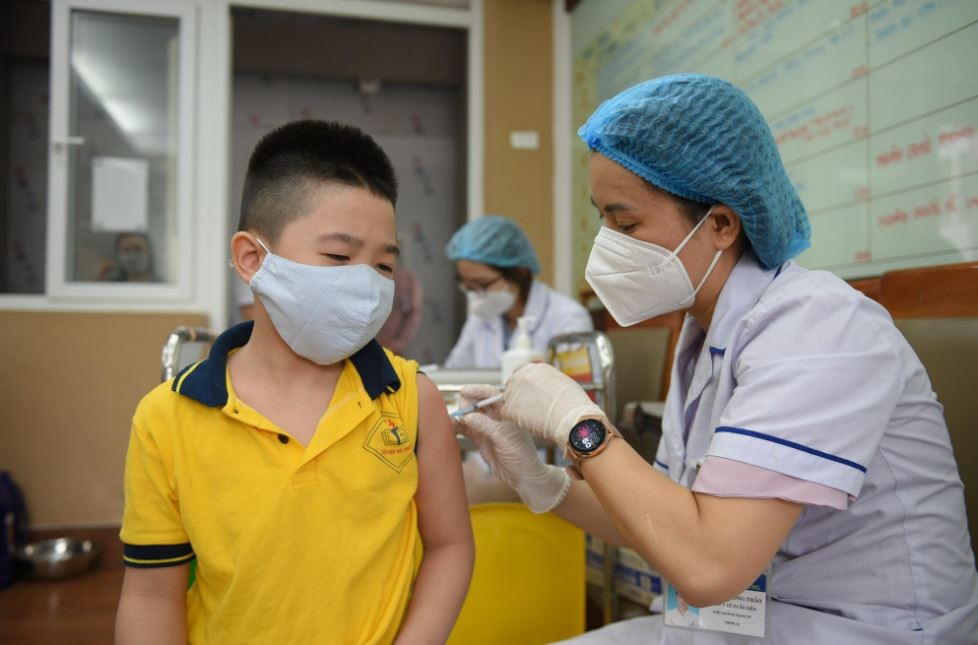 Focus
Focus
Vietnam Covid-19 Updates (April 29): 7,100 Cases, 79,000 Recoveries Reported
Recommended
 World
World
India reports 9 Pakistani Aircraft Destroyed In Operation Sindoor Strikes
 World
World
Thailand Positions Itself As a Global Wellness Destination
 World
World
Indonesia Accelerates Procedures to Join OECD
 World
World
South Korea elects Lee Jae-myung president
Popular article
 World
World
22nd Shangri-La Dialogue: Japan, Philippines boost defence cooperation
 World
World
Pakistan NCRC report explores emerging child rights issues
 World
World
"India has right to defend herself against terror," says German Foreign Minister, endorses Op Sindoor
 World
World

